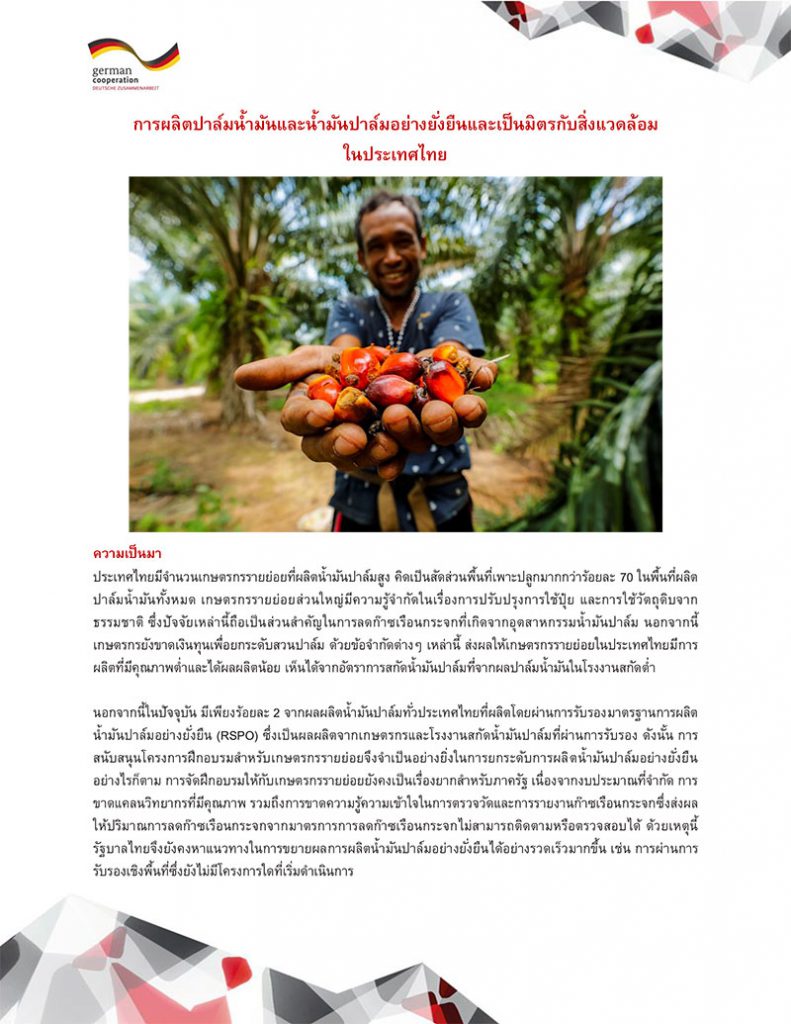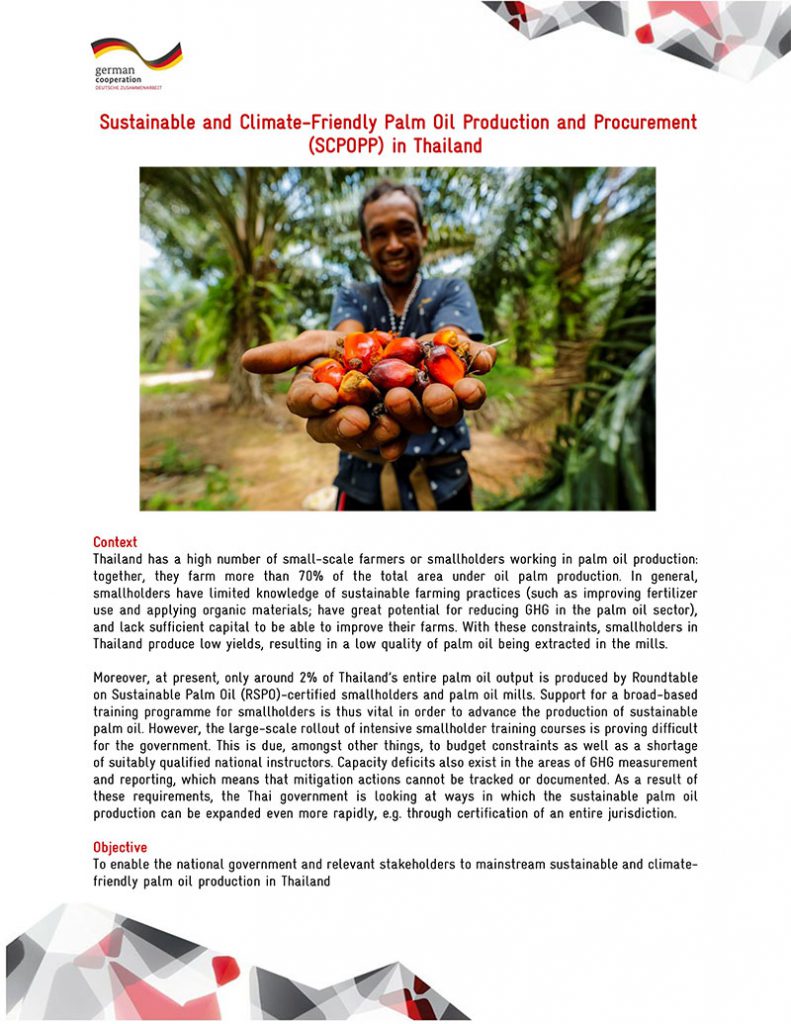No one would deny that trainers are key to promoting knowledge on the standard of growing sustainable oil palm among smallholders in southern Thailand.
This is why the Sustainable and Climate-Friendly Palm Oil Production and Procurement (SCPOPP) project gives importance to training the trainers of the Thailand Oil Palm Smallholder Academy (TOPSA).
It consists of five modules:
- RSPO Standard
- Group Management
- Good Agriculture Practices
- Environmental impact and
- Social impact.
The curriculum has been designed to meet the global sustainability standard particularly the Roundtable on Sustainable Palm Oil (RSPO), which unites stakeholders of the palm oil industry comprising oil palm producers, processors or traders, consumer goods manufacturers, retailers, banks/investors, and environmental and social non-governmental organisations (NGOs) in developing and implementing global standards for sustainable palm oil.
The curriculum has been designed to meet the global sustainability standard particularly the Roundtable on Sustainable Palm Oil (RSPO), which unites stakeholders of the palm oil industry comprising oil palm producers, processors or traders, consumer goods manufacturers, retailers, banks/investors, and environmental and social non-governmental organisations (NGOs) in developing and implementing global standards for sustainable palm oil.
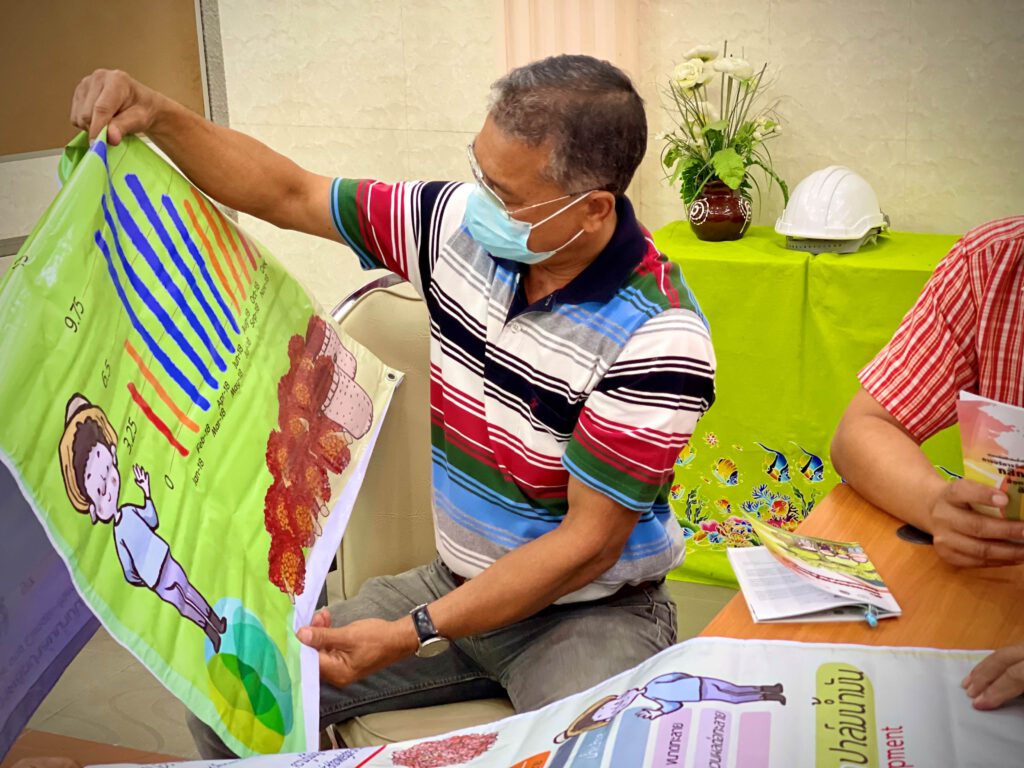
So far, up to 320 trainers made up of lead farmers and local extension officials have been intensively trained by TOPSA since its launch in July 2020 and have already passed on the knowledge on the RSPO Independent Smallholder Standard to over 3,000 oil palm smallholders. They are planning to continue passing on this knowledge and experience learned from the curriculum to another thousands of oil palm smallholders in their communities.
To date, apart from the RSPO Independent Smallholder Standard, a total of 2,500 farmers have been trained on Internal Control System and Database Management, which are the basic elements of a group certification. These farmers will be further trained in technical knowledge on Good Agricultural Practices as well as Environmental and Social Impact Management to meet the full requirement of RSPO certification by the first quarter of 2021.
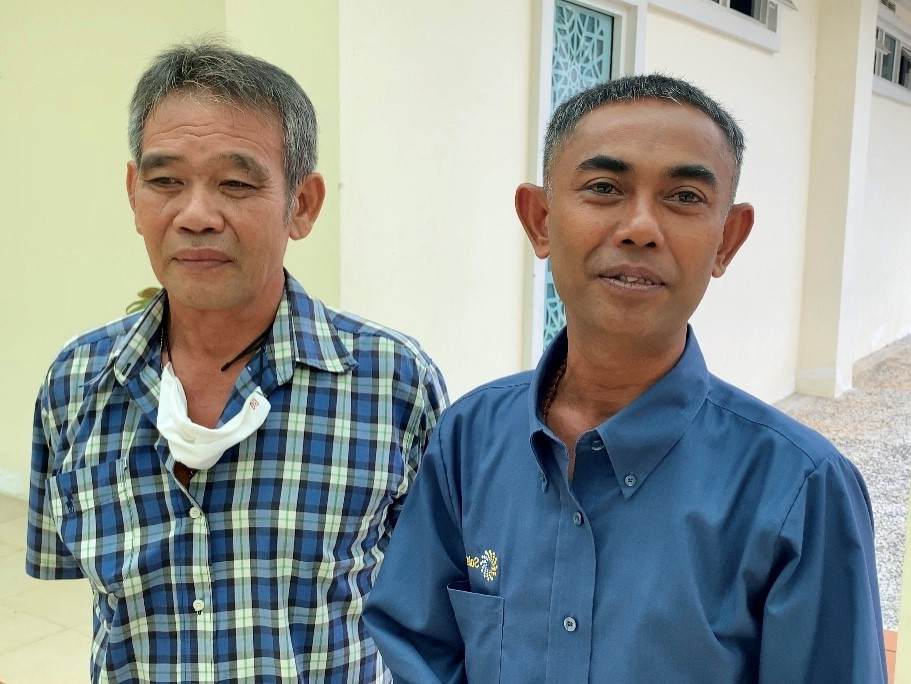
“TOPSA’s participatory approach encourages participants to learn, enjoy and better understand the technical content, which is usually difficult to follow,” said Manop Sainuy, representative from the committee of the oil palm collaborative farming group, Sai Thai Sub-district, Mueang Krabi District, and Thanit Srionnual, representative from the committee of the oil palm collaborative farming group, Pakasai Sub-district, Nuea Khlong District, Krabi
Both participants pointed out that trainers needed to be equipped with more in-depth knowledge and insight on sustainable palm oil production in order to effectively pass on knowledge and information to smallholders.
Pailin Konpech, manager of Lungsuan smallholders group in Chumphon province, said “Interesting games and group discussion sessions arranged during the pre and post-training session helps all trainers actively participate in activities, leading to better understanding of the details of the curriculum. Such learning process are useful for trainers to effectively pass on the knowledge to community farmers later on,”
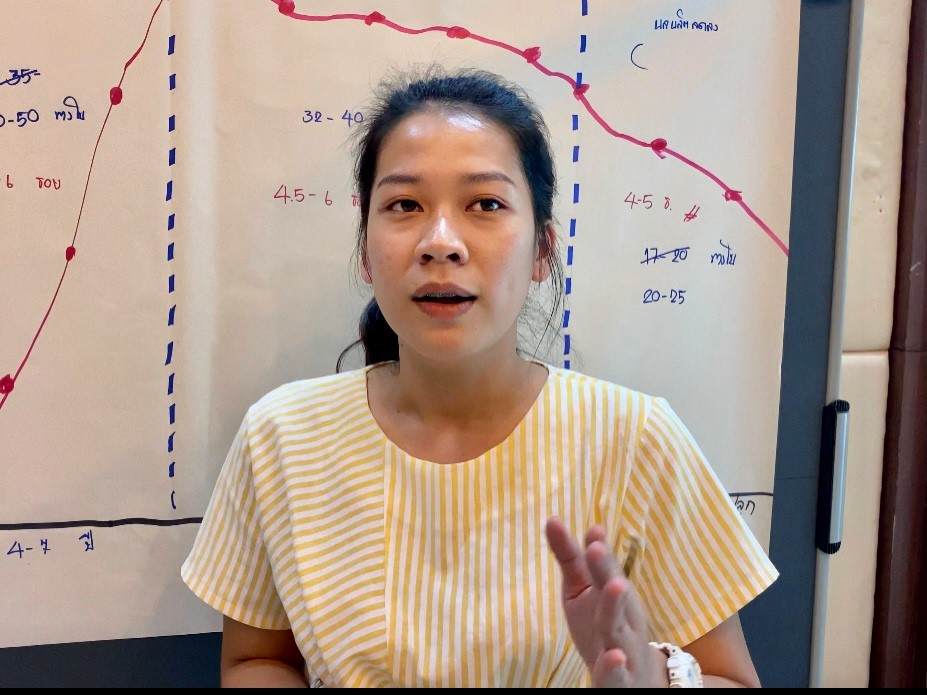
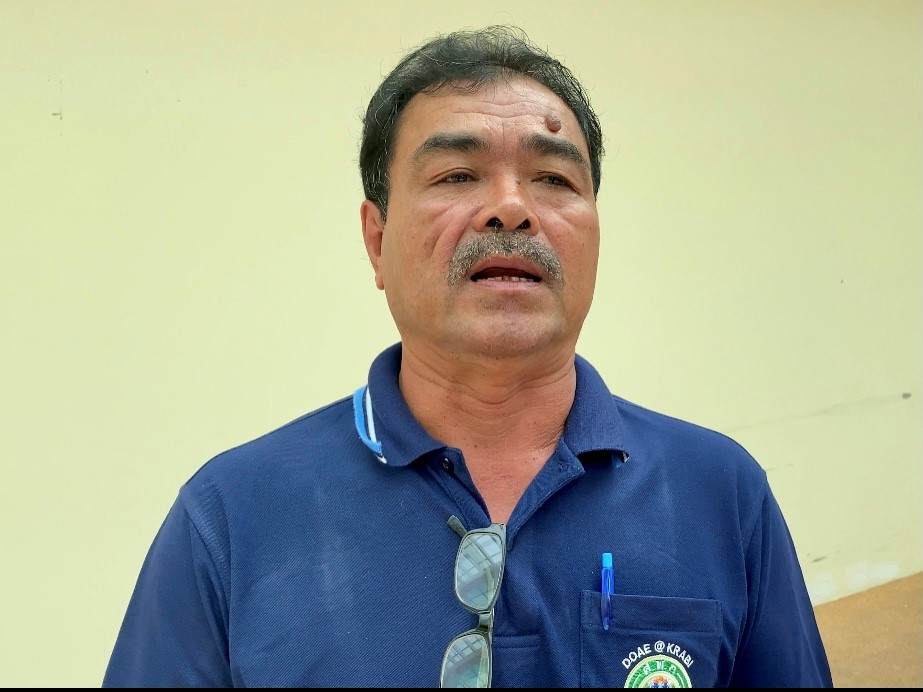
However, there are some remaining challenges to overcome. Decha Chamnongrat, a trainer from Lumtub smallholders group in Krabi province said: “The technical content in the Agriculture Module is considered too technical and difficult for trainers to simplify and pass on to community farmers,” He believes further support from the ‘master trainers’, who are officials from the Department of Agriculture and the provincial agricultural extension, is essential, not only for the knowledge-sharing benefits but also the sustainability of palm oil smallholder development in Thailand. ■
TOPSA in brief
- Thailand Oil Palm Smallholder Academy (TOPSA) has been designed to meet the global sustainability standard particularly the Roundtable on Sustainable Palm Oil (RSPO).
- Up to 320 trainers comprising lead farmers and local extension officials have been intensively trained by TOPSA.
- To date, a total of 3,000 farmers have been trained on the RSPO Independent Smallholder Standard, Internal Control System and Database Management, which are the basic elements of a group certification.


